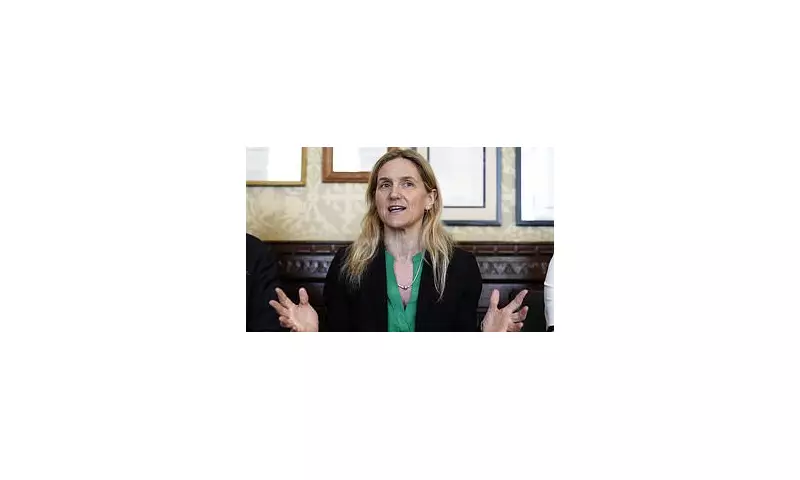
A proposed bill to legalise assisted suicide in the UK has been met with a stark and emotional warning from a prominent disabled peer, who declared it would effectively put a 'price on the heads' of vulnerable people.
Baroness Jane Campbell of Surbiton, a crossbench peer and lifelong disability rights campaigner, issued the powerful plea during a debate on the Assisted Dying Bill in the House of Lords. The Baroness, who has spinal muscular atrophy, argued that the legislation would create a dangerous 'duty to die' culture for those with disabilities and chronic illnesses.
The Heart of the Controversy
The private member's bill, put forward by Liberal Democrat peer Lord Forsyth of Drumlean, seeks to enable adults of sound mind who are terminally ill with less than six months to live to be provided with life-ending medication. Proponents, including groups like Dignity in Dying, argue it is a compassionate step forward that allows individuals to avoid unbearable suffering and choose a dignified death.
However, Baroness Campbell countered this argument with profound personal insight. She expressed grave concerns that the bill's safeguards are insufficient and that the pressure to end one's life could become overwhelming for those who feel they are a burden on their families or the NHS.
A Fear of a 'Duty to Die'
In her powerful address, the Baroness stated: "This bill offers no comfort to me. It makes me feel vulnerable. It suggests that my life is less worth living than others... It would be so easy to give in, to take the easy way out, if this option was available. I fear it would become a duty to die, not a choice to die."
Her intervention highlights a deep schism in the long-running debate. While public opinion often polls in favour of legalisation, many within the disabled community and medical profession remain vehemently opposed, fearing it devalues the lives of the most vulnerable in society.
The bill is currently at its second reading in the Lords, where it faces significant scrutiny and a highly uncertain future. The government has stated it is a matter of conscience for MPs and peers, meaning there will be no official party line and members will be given a free vote.





